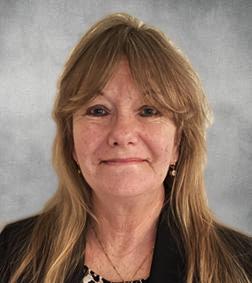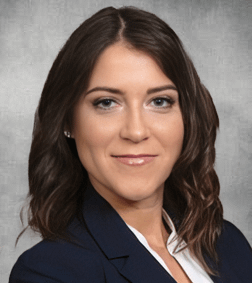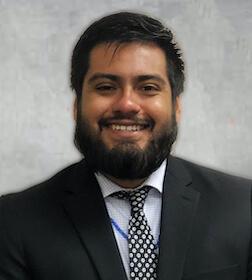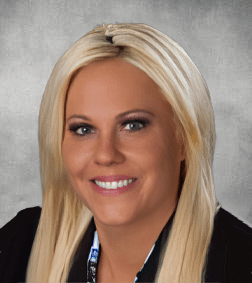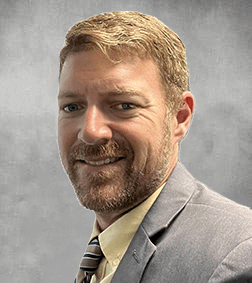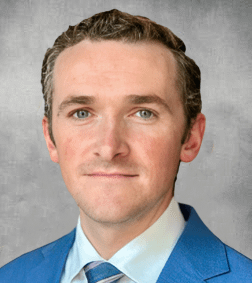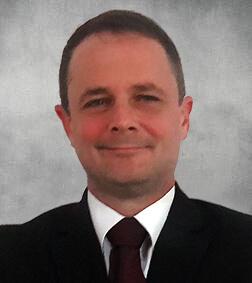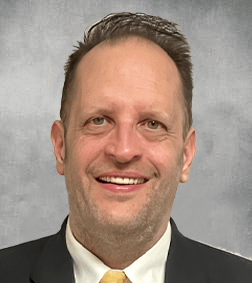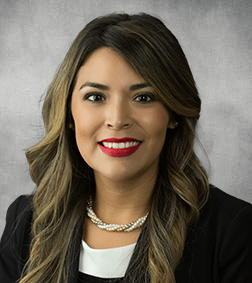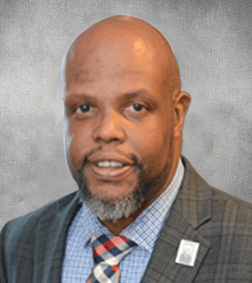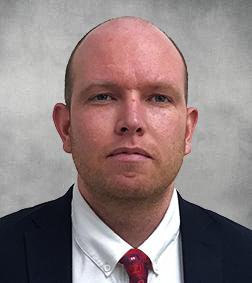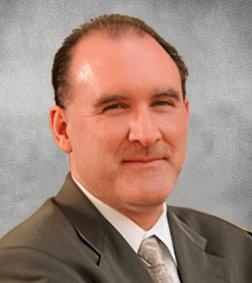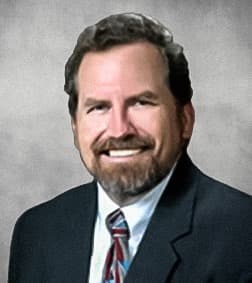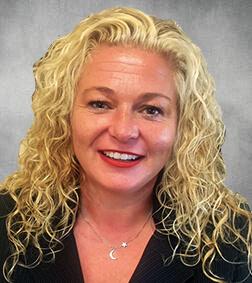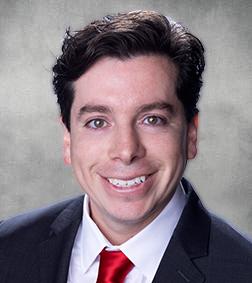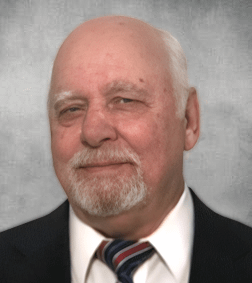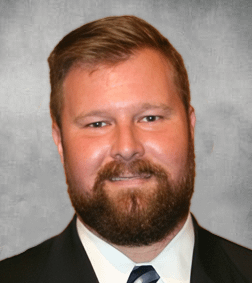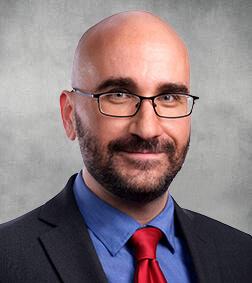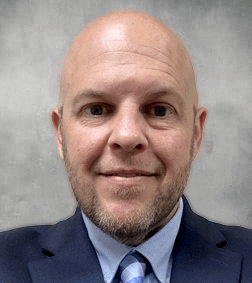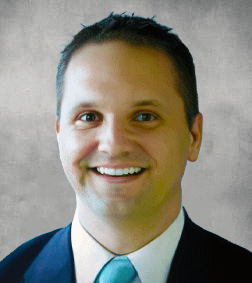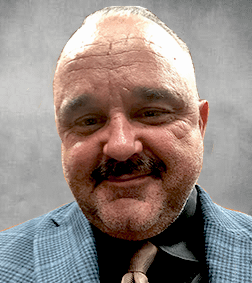Standardized Field Sobriety Tests
Trust Our Florida DUI Attorneys with Your Case
The Standardized Field Sobriety Test (SFST) is a series of 3 different tests designed to determine whether or not a driver is inebriated or under the influence of drugs. They began in the 1970s, are scientifically validated, and can be admissible as evidence in court in most U.S. states.
Types of Tests
Horizontal Gaze Nystagmus (HGN) Test
When someone is drunk, their ability to track moving objects diminishes. HGN is an involuntary jerking of the eyeball that occurs when the eyes gaze to the side. Sober people only experience HGN when their eyes are rotated at high peripheral angles. Inebriated people have exaggerated HGN, which can occur at lesser angles. A police officer will have you track a moving object, such as a pen or flashlight, horizontally with your eyes. He or she will look for:
- Whether or not your eyes are moving smoothly
- Whether or not your eyes jerk when you have moved them as far left or right as possible
- Whether or not your eyes begin to jerk early
Walk-and-Turn Test
If the officer administers this test, you will have to take 9 steps, touching heel-to-toe, in a straight line. You will then turn on one foot and return in the same way facing the opposite direction. Law enforcement will be looking for how well you take direction, how easily distracted you get, and whether or not you can keep your balance.
One-Leg Stand Test
In this test, you will have to stand with one foot lifted about 6 inches off the ground. You will then count aloud by ones, beginning with “one-thousand-one,” until the officer tells you to lower your leg. Usually, a police officer will observe you for 30 seconds, looking for swaying, hopping, using arms to balance, and putting your foot down.
We Have More Than 150 Years of Experience
Some SFSTs are admissible in court, but they aren’t always reliable. Trust our representation to examine your SFST results carefully and determine whether or not the tests were conducted correctly. Contact us at (888) 484-5057 or fill out our online form for a free case consultation.






